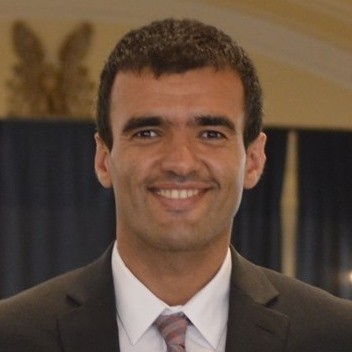Saman Zonouz is an Associate Professor at Georgia Tech in the Schools of Cybersecurity and Privacy (SCP) and Electrical and Computer Engineering (ECE). Saman directs the Cyber-Physical Security Laboratory (CPSec) which recently hosted a U.S. Congressional visit to demonstrate its research outcomes. His research (supported by ~$136M collaboratively) focuses on security and privacy research problems in cyber-physical systems including attack detection and response capabilities using techniques from systems security, control theory and artificial intelligence. Saman recently delivered the Plenary Keynote in DOE’s Cybersecurity Conference to a large audience (~2,000 people). His research has been awarded by Presidential Early Career Awards for Scientists and Engineers (PECASE) by the United States President, the NSF CAREER Award in Cyber-Physical Systems (CPS), Significant Research in Cyber Security by the National Security Agency (NSA), Faculty Fellowship Award by the Air Force Office of Scientific Research (AFOSR), Google Hall of Fame Security Award, Provost Research Award, Outstanding Faculty Research Award by the Georgia Tech College of Computing, and Cybersecurity Fellowship by the Georgia Tech College of Engineering. His research group has disclosed several security vulnerabilities with published CVEs in widely-used industrial controllers such as Siemens, Allen Bradley, and Wago. Saman is currently a Co-PI on President Biden’s American Rescue Plan $65M Georgia AI Manufacturing (GA-AIM) project. Saman was invited to co-chair the NSF CPS PI Meeting as well as the NSF CPS Next Big Challenges Workshop. Saman has received two Georgia Tech Teaching Awards for his courses “Cybersecurity of Drones” and “Critical Infrastructure Security”. Saman has served as the chair and/or program committee member for several conferences (e.g., IEEE S&P, USENIX Security, CCS, NDSS, DSN, and ICCPS). Saman obtained his Ph.D. in Computer Science from the University of Illinois at Urbana-Champaign.
